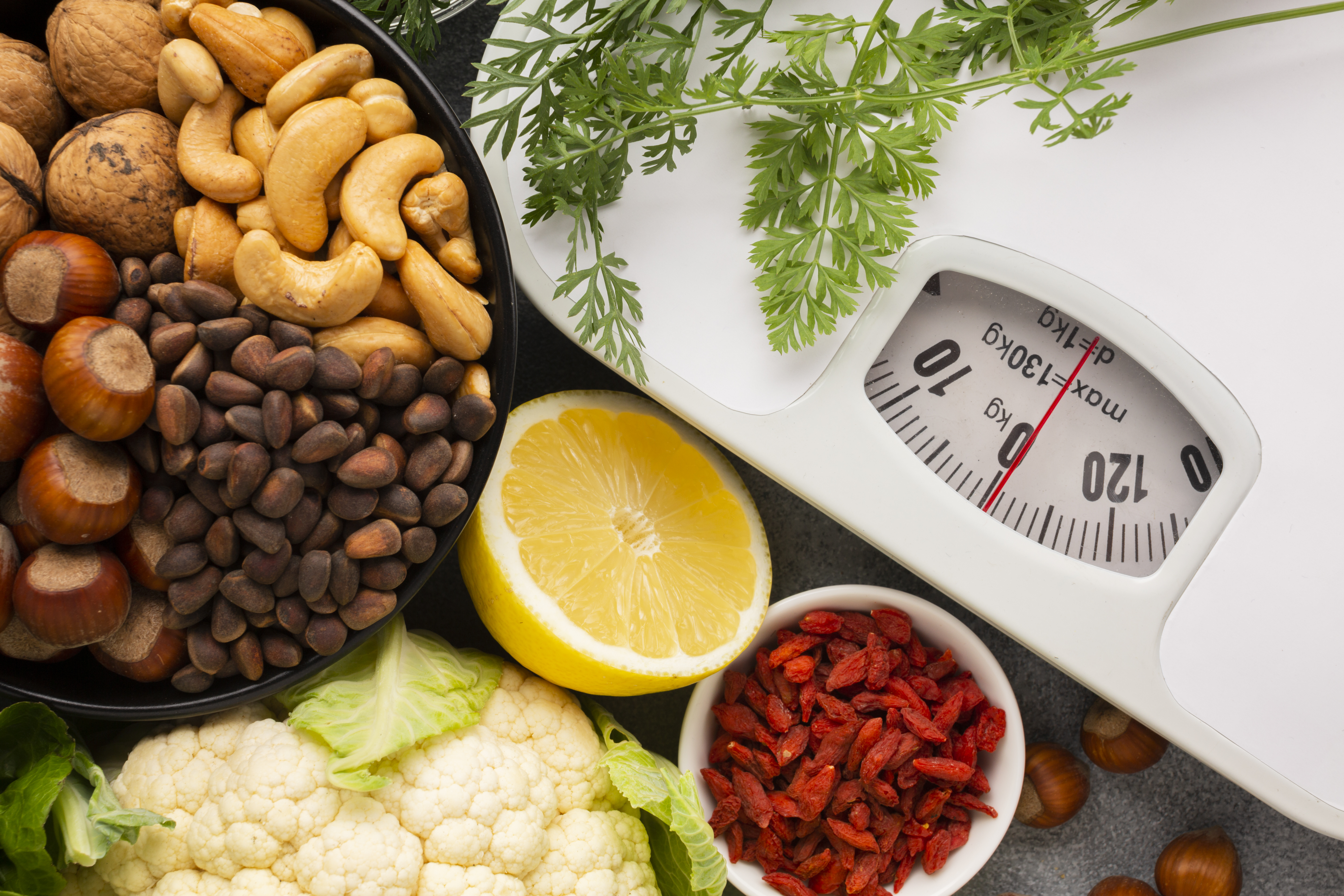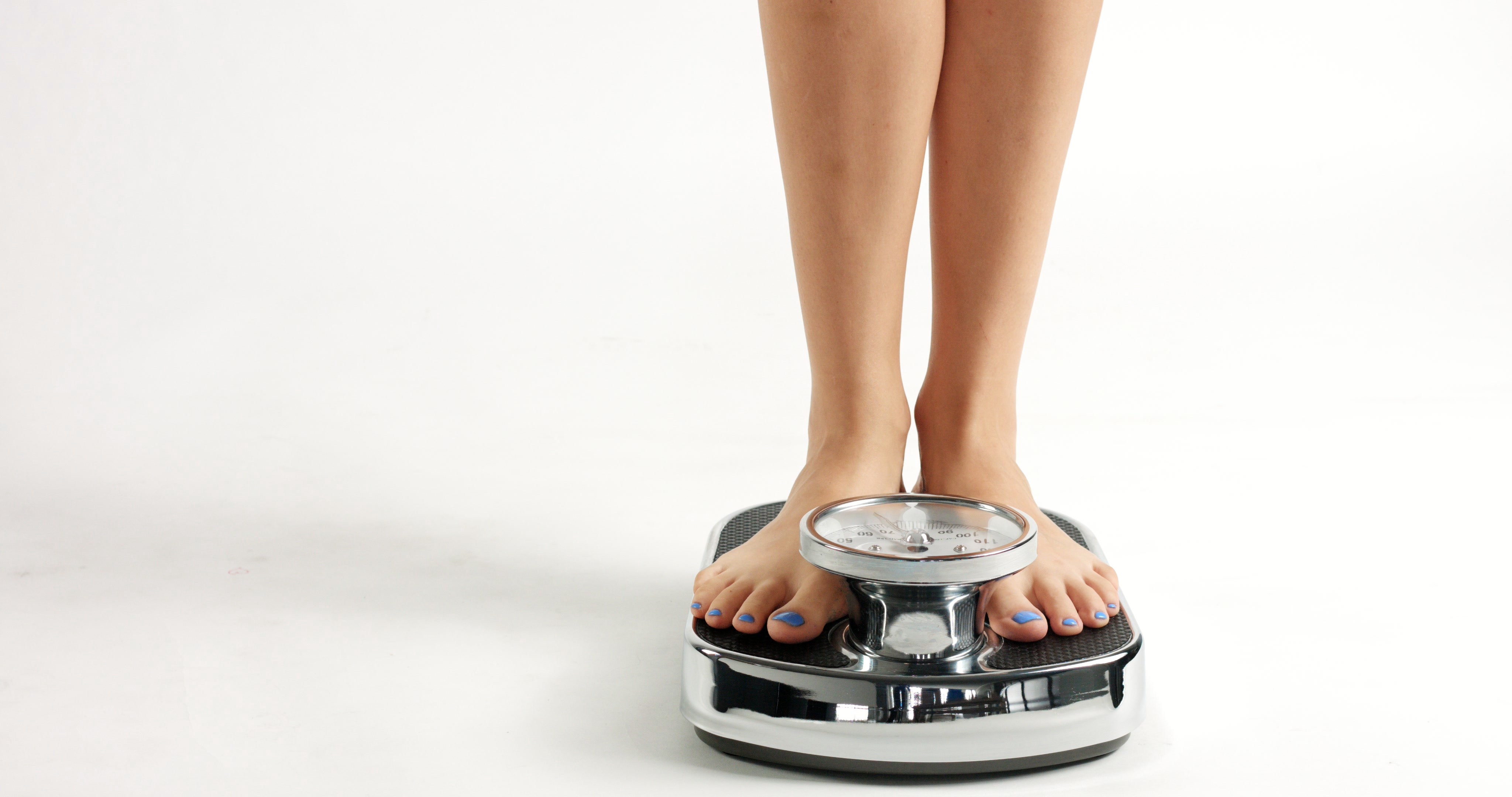
HOW TO CALCULATE THE REQUIRED PROTEIN INTAKE FOR GYMERS
HOW TO CALCULATE DAILY PROTEIN INTAKE FOR GYMERS
Protein is one of the most essential nutrients for those who engage in weight training and bodybuilding. It plays a vital role in muscle growth and recovery. However, not everyone understands how to accurately calculate the required amount of protein needed each day to reach their fitness goals. In this article, Rock IT – a trusted companion for modern gym-goers – will help you better understand the role of protein and guide you on how to calculate the right intake based on your body and training regimen.
1. WHAT IS PROTEIN AND WHY IS IT IMPORTANT FOR GYMERS?

Protein is one of the three macronutrients essential to the body, along with carbohydrates and fats. It is made up of amino acids – the building blocks of cells – and plays a key role in tissue growth, muscle repair, and overall health.
For those who train regularly, sufficient protein intake not only supports muscle growth but also aids in fat loss, enhances endurance, and improves overall training performance.
Beyond muscle development, protein also:
-
Strengthens the immune system
-
Supports metabolism
-
Improves skin, hair, and nails
That’s why meeting your daily protein needs is critical if you're aiming for optimal results in your fitness journey.
2. HOW TO CALCULATE DAILY PROTEIN REQUIREMENTS FOR GYMERS

Protein needs vary depending on factors such as gender, body weight, training goals, and activity levels. Below are three commonly used methods for calculating your ideal daily intake:
2.1 CALCULATING BASED ON BODY WEIGHT

This is the simplest and most commonly used method. Recommended daily protein intake for gym-goers ranges from 2.0 to 3.0 grams of protein per kilogram of body weight.
-
Minimum: 2.0g protein/kg/day
-
Optimal range: 2.4 – 3.0g protein/kg/day
Example:
If you weigh 60kg and train regularly, your daily protein needs would be:
60 x 2.4 = 144g up to 60 x 3.0 = 180g of protein/day
2.2 CALCULATING BASED ON GENDER AND TRAINING GOALS

-
Women: For fat loss and toning → 2.2 – 2.6g protein/kg/day
-
Men: For muscle gain, fat loss, and strength → 2.3 – 3.3g protein/kg/day
Rock IT Tip: Stop guessing your intake. Start tracking your nutrition and train smart based on your personal fitness goals.
2.3 CALCULATING BASED ON TOTAL CALORIC INTAKE

This method uses your daily calorie intake and the percentage of calories that should come from Protein.
Each gram of protein provides 4 calories.
Formula:
(Total daily calories x % of calories from protein) / 4 = grams of protein/day
Example:
A person consuming 2,000 calories per day with 20% from protein:
2,000 x 0.20 = 400 protein calories
400 / 4 = 100g protein per day
Protein should make up 10–35% of your total daily caloric intake, depending on your training intensity and fitness goals.
3. BEST PROTEIN-RICH FOODS FOR GYMERS

The best way to meet your protein needs is through natural, whole foods. Below are some of the top protein-rich options recommended for gym-goers:
-
Eggs: High-quality protein with leucine, an amino acid essential for muscle synthesis.
-
Salmon & Tuna: Rich in protein, omega-3 fatty acids, and B vitamins – excellent for recovery and heart health.
-
Chicken breast, lean beef, pork tenderloin: High in protein, low in fat – perfect for muscle gain and fat loss.
-
Nuts and legumes: Almonds, chia seeds, and lentils provide plant-based protein, fiber, and micronutrients.
-
Dairy products: Milk, Greek yogurt, cottage cheese – great post-workout options.
-
Brown rice, oats, whole grains: Support energy levels while providing additional protein and fiber.
4. THE GOLDEN WINDOW FOR PROTEIN INTAKE
One of the most important aspects of protein intake is timing. After training, especially within the first 60 minutes, your body enters the “anabolic window” – a prime state for nutrient absorption.
This is the ideal time to consume a protein-rich meal or shake to enhance muscle recovery and stimulate growth.
ADDITIONAL NOTES WHEN SUPPLEMENTING PROTEIN
-
Avoid excessive intake over long periods, as it may affect liver and kidney function.
-
Prioritize natural sources of protein, and use supplements (e.g., whey) only when necessary.
-
Maintain a balanced diet rich in vegetables, vitamins, minerals, and drink plenty of water.
5. CONCLUSION
Understanding how to calculate your daily protein requirements is key to optimizing your nutrition and seeing real results in muscle gain, fat loss, or maintaining your physique.
At Rock IT Fitness Center, we encourage our members not only to train hard but also to eat smart, backed by numbers and personalized goals. With our philosophy “Fit From Within”, Rock IT is more than a gym – we are your long-term fitness partner on the journey to a healthier, stronger you.
Experience 30 days of free training at Rock IT and enjoy a professional training environment tailored to your personal goals.
See more:
Các bài viết khác













